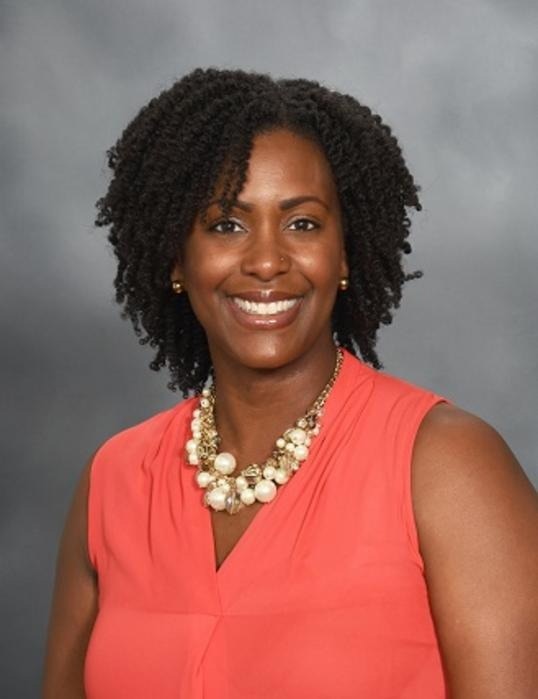
Valerie Jones Taylor is an associate professor of Psychology with a joint appointment in Africana Studies at Lehigh University. Image Credit: Lehigh University
The Virtual Experience Research Accelerator (VERA), a $5 million National Science Foundation-funded project, is making a system to offer scientists access to bigger, more trustworthy, and different groups of participants for an array of research projects on and utilizing VR.
A lot of research in this area suffers from using participant samples that are too small and homogenous. That means there’s a possibility that we cannot generalize findings to the larger population.
Valerie Jones Taylor, VERA Co-Leader and Associate Professor, Psychology, Lehigh University
Taylor has a common appointment in Africana Studies at Lehigh University.
The members of groups that are underrepresented in present research—such as senior citizens, those with disabilities, racial and ethnic minorities, those with restricted access to technology, and women and gender minorities—might lose out on advantages from the use of VR technologies.
To help make such progress highly accessible to everyone, the VERA team is functioning to recruit both scalable and standing groups of participants that consider the demographics of populations that VR scientists most need to study.
These might vary from smaller and specified groups to take part in longitudinal studies to groups in the thousands, reflective of the general US population.
Furthermore, the VERA system will give the chance to perform high-quality research that is highly accessible to scientists and students at different kinds of institutions. Historically, small and regional institutions have missed out on the resources to perform VR research.
Ultimately, this project holds promise in the goals of diversifying the VR community at every level, from research participants to researchers to industry professionals. As VR use becomes more widespread, we hope that translates to more access and equity within our society.
Valerie Jones Taylor, VERA Co-Leader and Associate Professor, Psychology, Lehigh University